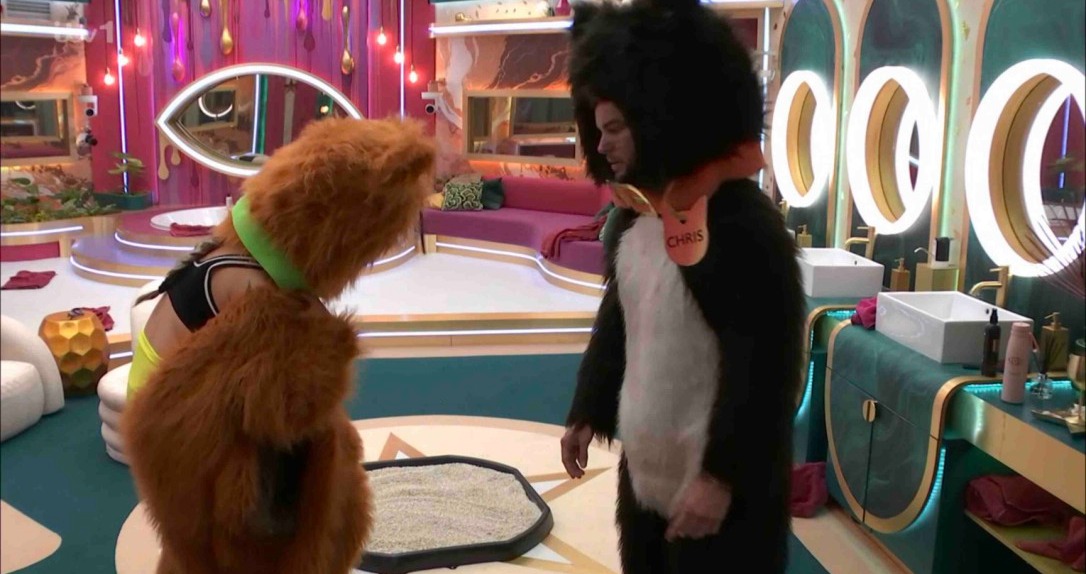
In the realm of reality television, the recent controversy on Celebrity Big Brother involving Chris Hughes and JoJo Siwa has sparked significant outrage among viewers, leading to a flurry of complaints to Ofcom. The incident, where the housemates imitated cats and engaged in inappropriate behaviours, has raised questions about boundaries and social norms within the confines of reality TV entertainment.
The wider context: Reality TV and Responsible Broadcasting
Reality television, often criticized for blurring the lines between entertainment and exploitation, faces renewed scrutiny following the disturbing actions of the Celebrity Big Brother contestants. The portrayal of Chris Hughes and JoJo Siwa's behaviour highlights the ethical considerations that broadcasters must grapple with in their quest for ratings and viewer engagement. In a landscape where shock value often reigns supreme, where should the line be drawn between entertainment and responsible programming?
Power dynamics and Consent in Reality TV Relationships
The dynamics between Chris Hughes and JoJo Siwa on Celebrity Big Brother have also brought to light issues of power and consent within the context of constructed reality TV relationships. The incident where Chris urged JoJo to lick chocolate off his shorts, despite her discomfort, underscores the complexities of navigating personal boundaries in a highly mediated environment. How do these power dynamics influence the portrayal of relationships on screen, and what responsibilities do producers have in ensuring the well-being of participants?
As viewers grapple with the implications of these incidents, it becomes crucial to consider the broader societal implications of reality TV culture and its impact on audience perceptions of acceptable behaviour. By engaging critically with the content we consume, we can hold broadcasters and producers accountable for upholding ethical standards in their programming.

Structural Inequalities and Exploitation in Reality TV
Behind the scenes of reality television lie complex systems of production and representation that often perpetuate inequalities and exploit vulnerabilities for the sake of entertainment. The narratives constructed around contestants like Chris Hughes and JoJo Siwa reveal underlying power structures that shape their roles and interactions within the show. How do these structural inequalities influence the ways in which individuals are portrayed and commodified for public consumption?
By unpacking the layers of privilege and exploitation inherent in reality TV dynamics, we can begin to challenge the status quo and advocate for more ethical and inclusive forms of entertainment that prioritize the dignity and agency of all participants.
In conclusion, the controversy surrounding Chris Hughes and JoJo Siwa on Celebrity Big Brother serves as a stark reminder of the complexities and ethical considerations inherent in reality television. As we navigate the blurred boundaries between entertainment and exploitation, it is imperative that we engage critically with the media we consume and advocate for a more responsible and inclusive approach to reality TV production.
Did you miss our previous article...
https://thecelebreport.com/television/the-multifaceted-life-of-lucy-gaskell-actress-advocate-and-partner-to-mark-bonnar






